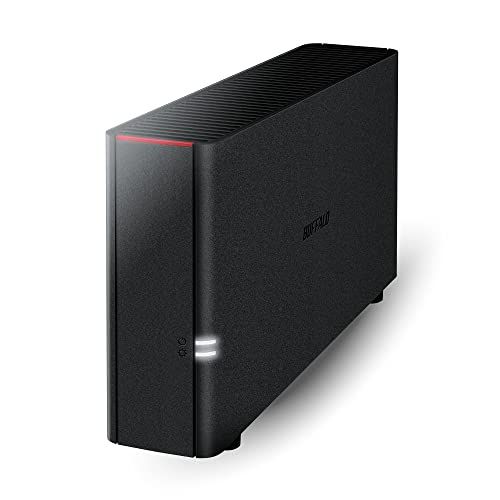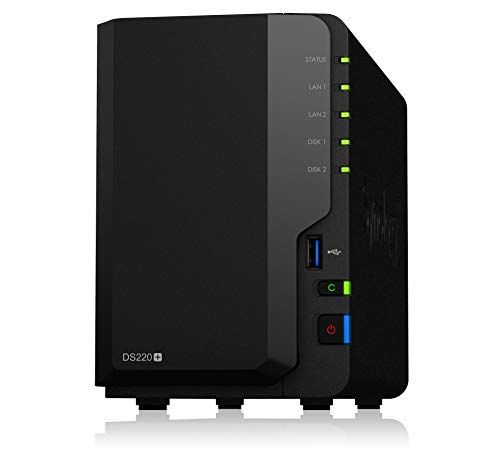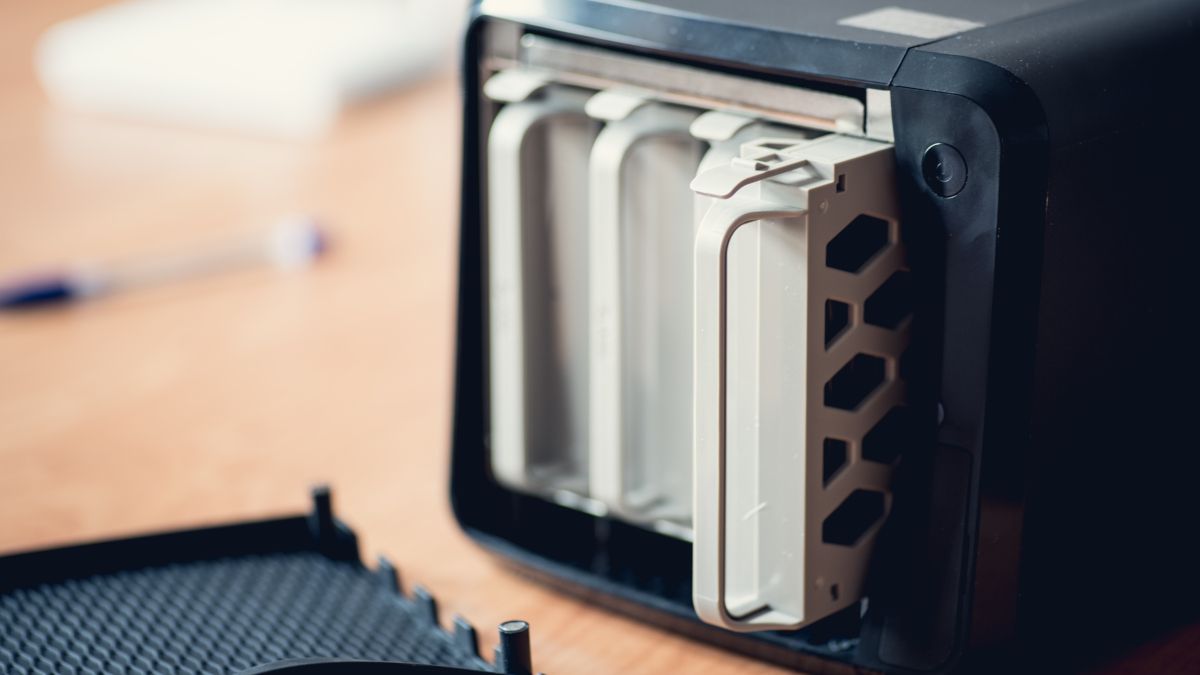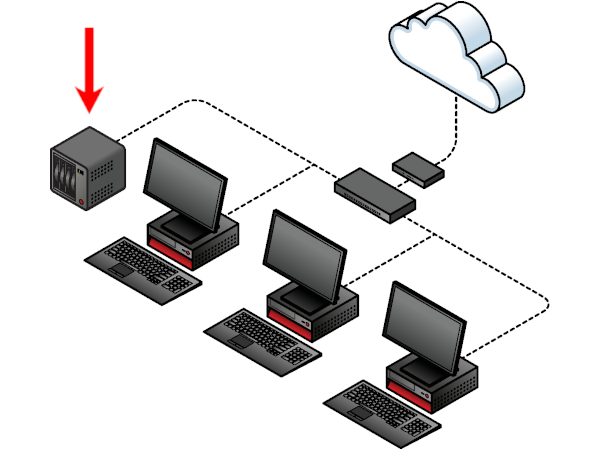Are you tired of swapping external hard drives? Do you need to access data from multiple machines on the same network, often at the same time? It sounds like you need a NAS. Read on to learn more.
Network Attached Storage Explained
NAS stands for "Network Attached Storage," while NAS devices are referred to as "NAS drives" or "NAS systems." They act as centralized network shares for use over a local network. Other machines on the network can connect to a NAS to read and write data as if the drive were connected to their computer directly.
NAS devices make it easy to share a pool of storage between an entire network of computers and other devices. There are all sorts of uses for a NAS system, including storing shared documents, sharing group projects, streaming media like music and videos, or backing up local machines.
Network-attached storage is designed to be scalable, with many solutions allowing you to simply add or replace drives when you run out of space. Some of these systems use many drives in RAID for redundancy or speed, while others rely on a single drive bay for much smaller operations.
Buy or Create Your Own NAS
You can buy dedicated NAS systems in all shapes and forms, from barebones enclosures that require you to supply your own hard drives to finished products that plug straight into your router with minimal setup required. One ready-to-go example would be the 2TB Buffalo LinkStation.

Buffalo LinkStation 210 2TB
If you want one drive with everything you need to start your home or office NAS server, this will serve you well.
A barebones two-bay solution like the Synology DS220+, which our sister site Review Geek reviewed, can be picked up at a relatively low price point. It has gigabit Ethernet, an Intel dual-core processor, and 2GB of DDR4 with support for RAID and sequential read speeds of over 225 MB/s.

Synology 2 bay NAS DiskStation DS220+ (Diskless),Black
Bring your own disks and this bay will get you a powerful NAS server going without breaking the bank.
Alternatively, many wireless routers have NAS functionality. Apple's now-discontinued AirPort TimeCapsule has room for a hard drive inside and was perfect for Time Machine backups. Others, like the TP-Link AC1750, have a USB connector on the back, which allows you to share the contents of a drive over the network. Neither of these solutions is as efficient or powerful as a dedicated NAS device.
You could also build your own NAS drive from an old computer or Raspberry Pi. FreeNAS is a great way to repurpose an old computer and drives that you aren't using into a pool of network-attached storage. You can do the same with a Raspberry Pi running Raspbian if you're up for a nerdy project.
Other Storage Options
A NAS is a great idea if you need a centralized local storage hub that anyone on your network can access. It's like your own fast and personalized cloud storage service with no ongoing fees.
With that said, a NAS isn't the be-all and end-all of storage. You might want to consider online storage for backup purposes or sharing large files outside of your local network.


